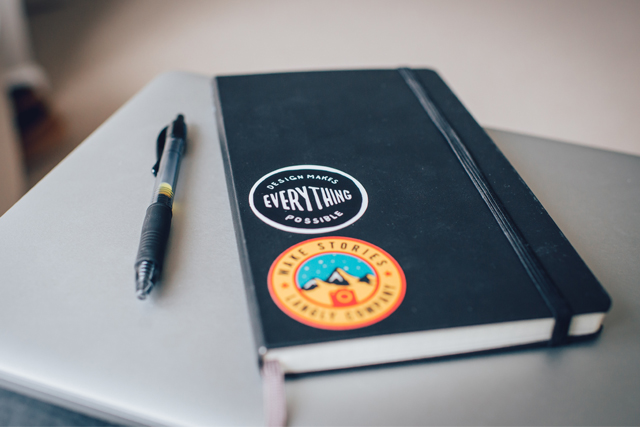It’s rare that any of us will get through life without experiencing anxiety at some point. But some people have the burden of dealing with anxiety on a daily basis. Whether it’s over something big or insignificant, anxiety stops us from living a normal life full of joy and potential.
Here are 5 ways you can begin reducing your anxiety:
1. Recognize You Are in Control
When you are in the grips of anxiety, it feels very much like it has total control over you. But the reality is, you are in control. While external events can trigger our emotions, ultimately, we have the choice whether we feel those emotions or not. So the good news is, you don’t have to suffer with anxiety, you simply have to decide to show it who’s really boss.
2. Diaphragmatic breathing
This physical strategy is very helpful to relax in stressful situations. While breathing, focus on breathing into the belly while keeping your shoulders down and relaxed. As opposed to expanding your chest, focus on letting your abdomen expand while inhaling.
3. Move Your Body
Exercise is a great way to alleviate the muscle tension that goes along with chronic anxiety. Plus, exercise releases feel good chemicals in your body like serotonin. But don’t sweat it, you don’t have to do a grueling workout at the gym to gain these benefits. Just a half hour a day of walking, biking, swimming or yoga can significantly help reduce your anxiety.
4. Start a Gratitude Journal
Get into the habit of writing down three to five things you are grateful for each night before retiring. This is a simple way to train your mind to focus on all of the good that surrounds you.
5. Speak with a Professional
The cure for any physical or psychological ailment is to get to the root cause of it, not simply manage the symptoms. A counselor can help you access your inner world to uncover what is triggering your fear and also offer coping tools and strategies.
If you or a loved one is interested in exploring treatment, please contact me today. I would be happy to speak with you about how I may be able to help.

5 Exercises & Tips to Lower Your Anxiety Before a Big Exam
For many of us, college was absolutely the best time in our lives. The freedom and friendships made those four years incredibly special. But college isn’t all sparkles and unicorns. For others, college is a completely different and often negative experience. As fun as...
3 Things People get Wrong About OCD
According to the International OCD Foundation, Obsessive Compulsive Disorder (OCD) is “a mental health disorder that affects people of all ages and walks of life, and occurs when a person gets caught in a cycle of obsessions and compulsions. Obsessions are unwanted,...
4 Things You Need to Know About Adolescent Anxiety
Anxiety is like fire: It can keep us safe and warm, or completely devastate our property and our lives. It’s good to be a little anxious at times. When walking down a deserted street at night, anxiety keeps us on alert and ready to fight or take flight should a...
Quick! Get Your "Top Tips For Getting the Most Out of Counseling" Cheatsheet!
Like some of what you've seen and want to see more? Sign up for our Mailing List for a free cheat sheet on making the most out of counseling. Our list members also gain access to exclusive specials and announcements, as well as the latest from our Counseling Blog!





